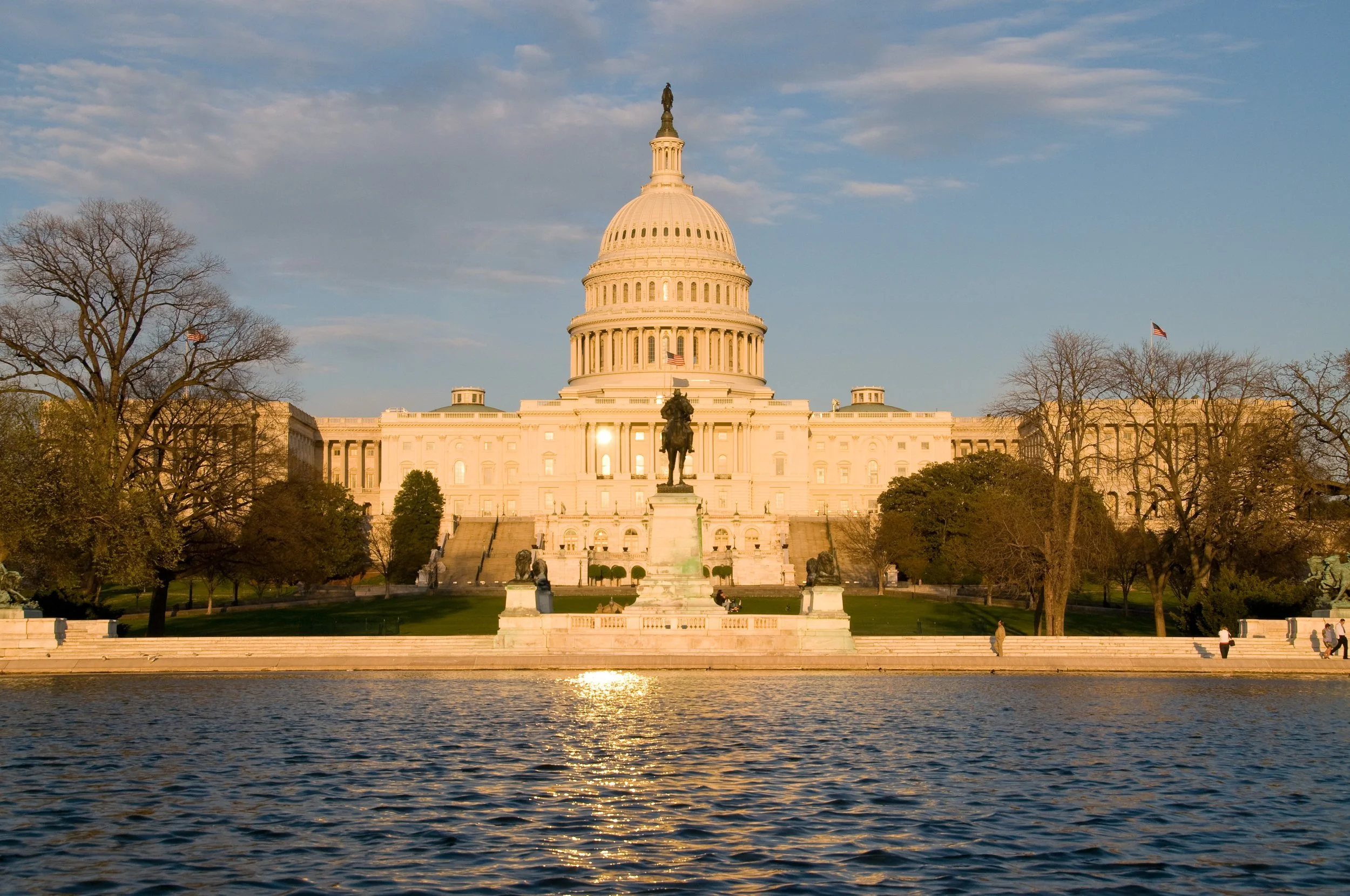As the 115th Congress comes to a close, Congress faces a number of outstanding issues -- one of which is the reauthorization of the Violence Against Women Act (VAWA). VAWA is vital to the safety of victims, survivors, and their communities; it cannot simply be checked off of Congress’s to-do list by changing the dates for existing funding, ignoring countless survivors and direct service providers asking Congress to do more. Survivors and their communities need Congress to take meaningful action.
The awareness of the scope of sexual violence, domestic violence, dating violence, and stalking occurring in our nation has never been greater. Congress must pass a bipartisan VAWA reauthorization that invests in increased evidence-based prevention, enhances survivors’ access to safety and justice, and maintains critical protections for vulnerable communities.
If you have not already done so, contact your Members of Congress, submit an op-ed or letter-to-the editor to your local newspaper, ask leaders in your community to do the same, and use the attached social media toolkit to raise awareness!
Tell them:
VAWA is vital to protecting community safety, preventing violence, serving victims, and holding abusers accountable.
A VAWA that rolls back important protections for vulnerable communities or that fails to make important improvements identified by victims and survivors is unacceptable. Simply changing the dates on the existing funding will not address the needs of survivors.
VAWA has always been, and must always be, bipartisa
Contact your Senators and Representative by phone or online.
SAMPLE SCRIPT OR ONLINE COMMENT:
Senate: My name is [your name], and I am a constituent from [city and, if applicable, program]. The Violence Against Women Act is one of the cornerstones in America’s fight against domestic violence, sexual assault, dating violence, and stalking. [Optional: VAWA is important to me, because . . . ] Every VAWA reauthorization has been bipartisan and responsive to the identified needs of victims and survivors. This reauthorization can be no different. I urge [your Senator’s name] to support a VAWA reauthorization that maintains critical protections for vulnerable communities, invests in evidence-based prevention, and makes meaningful changes to protect victims and survivors. Anything less, including a reauthorization that simply changes the dates on existing funding or that rolls back critical protections for vulnerable communities, is unacceptable.
House of Representatives: My name is [your name], and I am a constituent from [city and, if applicable, program]. The Violence Against Women Act is one of the cornerstones in America’s fight against domestic violence, sexual assault, dating violence, and stalking. [Optional: VAWA is important to me, because . . . ] I urge [your Representative’s name] to support H.R.6545, the Violence Against Women Reauthorization Act of 2018, which maintains critical protections for vulnerable communities, invests in evidence-based prevention, and makes meaningful changes to protect victims and survivors. A reauthorization that simply change the dates on existing funding or a reauthorization that rolls back critical protections for vulnerable communities, is unacceptable.
OP-ED OR LETTER TO THE EDITOR:
Check with your local newspaper, but an op-ed is usually approximately 750 words, and a letter to the editor is typically 250 words or fewer. Submit materials yourself and encourage community leaders to do so, too! Don’t forget to mention your Senators and Representative by name, just to be sure they don’t miss your letter! Some key points to bring up:
VAWA has always been and must always be bipartisan;
Congress must pass a reauthorization with meaningful improvements. Neither a reauthorization that just changes the dates nor a reauthorization that rolls back critical protections for immigrants and nondiscrimination provisions is acceptable;
Your story or a story from your community;
VAWA is effective and efficient:
VAWA reauthorization should (choose one or more and expand on it):
Invest in evidence-based prevention
Include provisions to hold non-Natives who prey on Native women accountable
Provide new resources to law enforcement to develop more trauma-informed approaches
Provide law enforcement with more resources to enforce court orders and prevent intimate partner and law enforcement homicides
Improve protections for survivors in federally subsidized housing;
Support victims and survivors who need help rebuilding financially after experiencing violence
Address the needs of underserved communities
Improve the healthcare responses to the four crimes
SOCIAL MEDIA MESSAGES
● Congress must listen to the #DomesticViolence field and protect Native Americans with enhanced tribal provisions in VAWA! #VAWA4ALL #tribalVAWA
● Our tribal sisters have come forward and said they need important improvements in VAWA. Include tribal provisions in #VAWA18 or it won't be a #VAWA4ALL #TribalVAWA #VAWA4Natives
● We cannot ignore the voices of Native American survivors of #DomesticViolence & #SexualAssault. Include tribal provisions in #VAWA18 to make sure that ALL survivors of violence have access to safety and justice. #VAWA4ALL #TribalVAWA #VAWA4Natives
● Abusers often target marginalized populations, believing they'll get away with committing #DomesticViolence & #SexualAssault. We must not let this continue to happen to Native American survivors! Include tribal provisions in #VAWA18 & hold abusers responsible for their crimes. #VAWA4ALL #tribalVAWA
● 56% of Native women experience sexual violence within their lifetime. 97% of them are victimized at the hands of a non-Native perpetrator. We cannot ignore the problems of #DomesticViolence & #SexualAssault on tribal lands. Congress must include tribal provisions in #VAWA18 and protect Native Americans! #VAWA4ALL #tribalVAWA
[1] Truman, J. L., & Morgan, R. E. (2014). Nonfatal domestic violence, 2003 - 2012. Retrieved from https://www.bjs.gov/content/pub/pdf/ndv0312.pdf.
[2] Clark, K. A., Biddle, A. K., & Martin, S. L. (2002). A cost-benefit analysis of the Violence Against Women Act of 1994. Violence Against Women, 8(4). https://doi.org/10.1177/10778010222183143.
